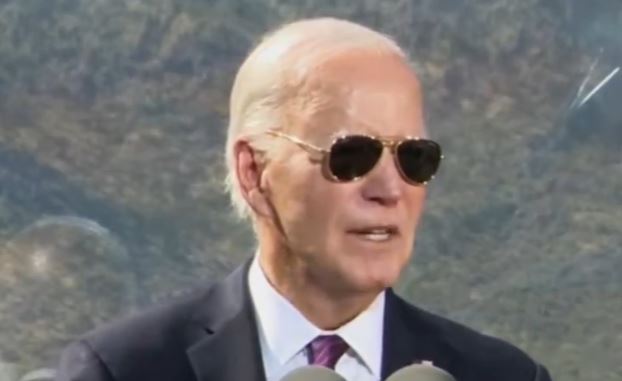Outgoing US President Joe Biden said that he was pardoning 39 people convicted of non-violent crimes and commuting the sentences of nearly 1,500 others who were serving long prison terms https://t.co/WQ9rzslh7W pic.twitter.com/zjstkqrMlN
— Reuters (@Reuters) December 13, 2024
Joe Biden: The Act of Clemency
Reasons Behind the Clemency
-
Second Chances and Rehabilitation: Biden emphasized the American ethos of “possibility and second chances,” reflecting his administration’s push toward restorative justice rather than punitive measures. The focus was on individuals who had demonstrated remorse, rehabilitation, and active community involvement.
-
Addressing Sentencing Disparities: Many of the commutations are aimed at rectifying sentencing under outdated or overly harsh drug laws. Biden’s administration sought to mitigate the effects of policies that disproportionately impacted minority communities and those with lesser means.
-
Public Health Considerations: The move was also influenced by the public health crisis posed by the COVID-19 pandemic in correctional facilities. Commuting sentences for those already in home confinement was seen as a continuation of efforts to manage health risks in densely populated areas like prisons.
-
Political and Social Pressure: Advocacy groups had been pressing for such broad clemency, especially as Biden’s term was nearing its end. There was a call for action on federal death row inmates and broader pardons for non-violent offenders, reflecting a societal shift towards more compassionate criminal justice policies.
Biden repeatedly promised over several months that he would not intervene on behalf of his son, but he went back on that commitment on December 1. While many public figures have criticized this decision, it has also been largely unpopular among the American public. Reporters grilled White House press secretary Karine Jean-Pierre a day after the pardon, asking whether President Biden and his surrogates lied to the American people.

Repercussions on the Trump Administration
-
Policy Contrast: This act starkly contrasts with Trump’s previous administration, where clemency was often directed towards high-profile or politically connected individuals. Trump’s approach to clemency, which included controversial pardons like those for Paul Manafort and Roger Stone, might be revisited or critiqued in light of Biden’s broad, systemic approach to mercy.
-
Setting a Precedent: Biden’s actions might set a precedent for Trump, potentially influencing how he uses his clemency powers. There’s pressure from various quarters for Trump to consider similar acts of mercy, although his previous record suggests a more selective use of this presidential power.
-
Legal and Political Debate: The act has already stirred legal and political debate, with some arguing that it undermines the justice system by bypassing judicial review. Others see it as a necessary correction to systemic injustices. This debate could influence Trump’s decisions, especially in how he might choose to address or reverse Biden’s clemency actions.
-
Future of Criminal Justice Reform: Biden’s clemency could push the incoming administration to either continue or pivot from these reforms. Trump has previously shown interest in criminal justice reform through measures like the First Step Act, but his approach post-2024 election might differ, particularly if he opts for a more conservative or retaliatory stance against those who investigated his previous actions.
-
Public and Political Perception: Public perception of Biden’s clemency will likely influence how Trump navigates his clemency decisions. With only about 20% public approval for Biden’s earlier decision to pardon his son, Hunter Biden, there’s a significant lesson in public optics and political fallout that Trump might heed.

